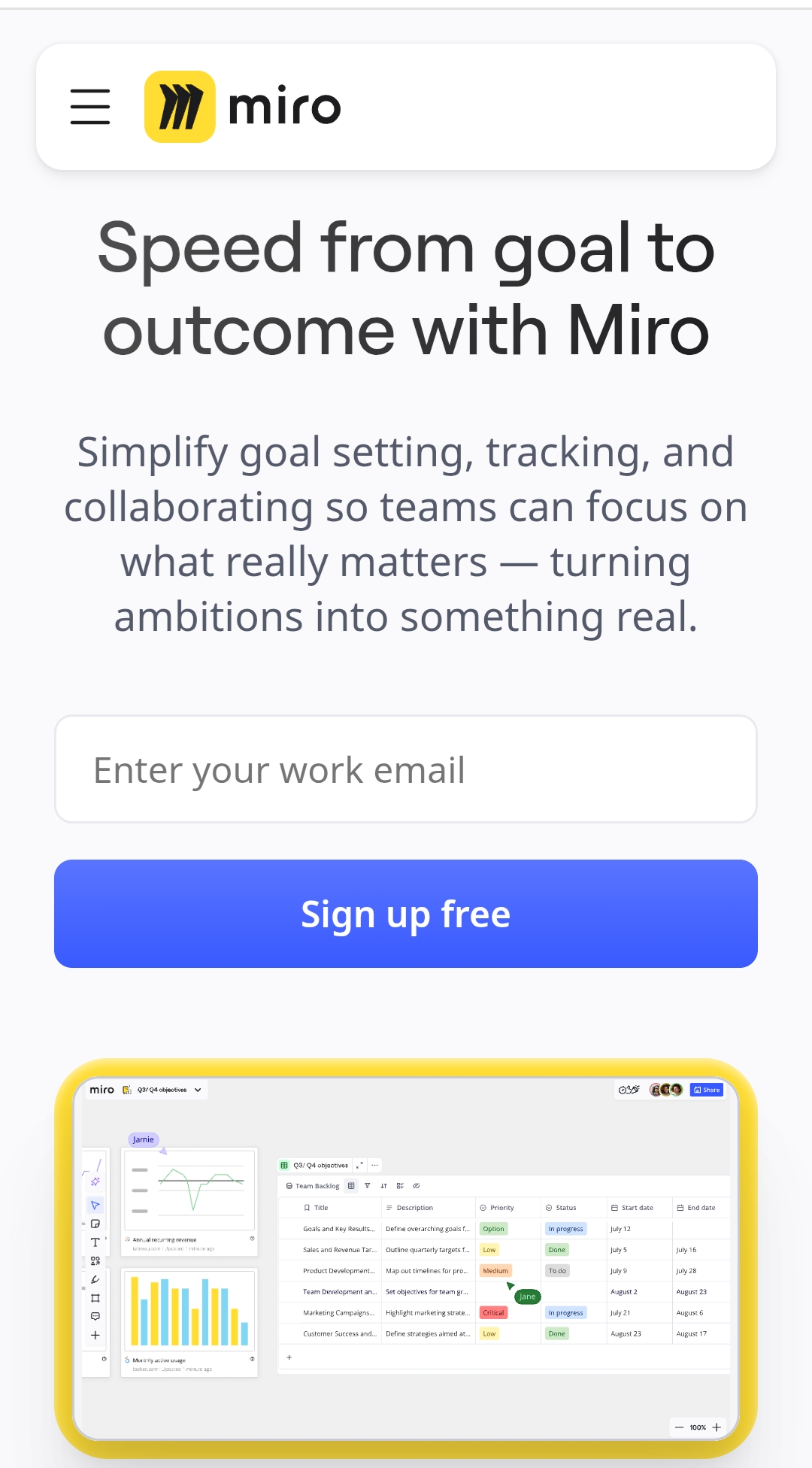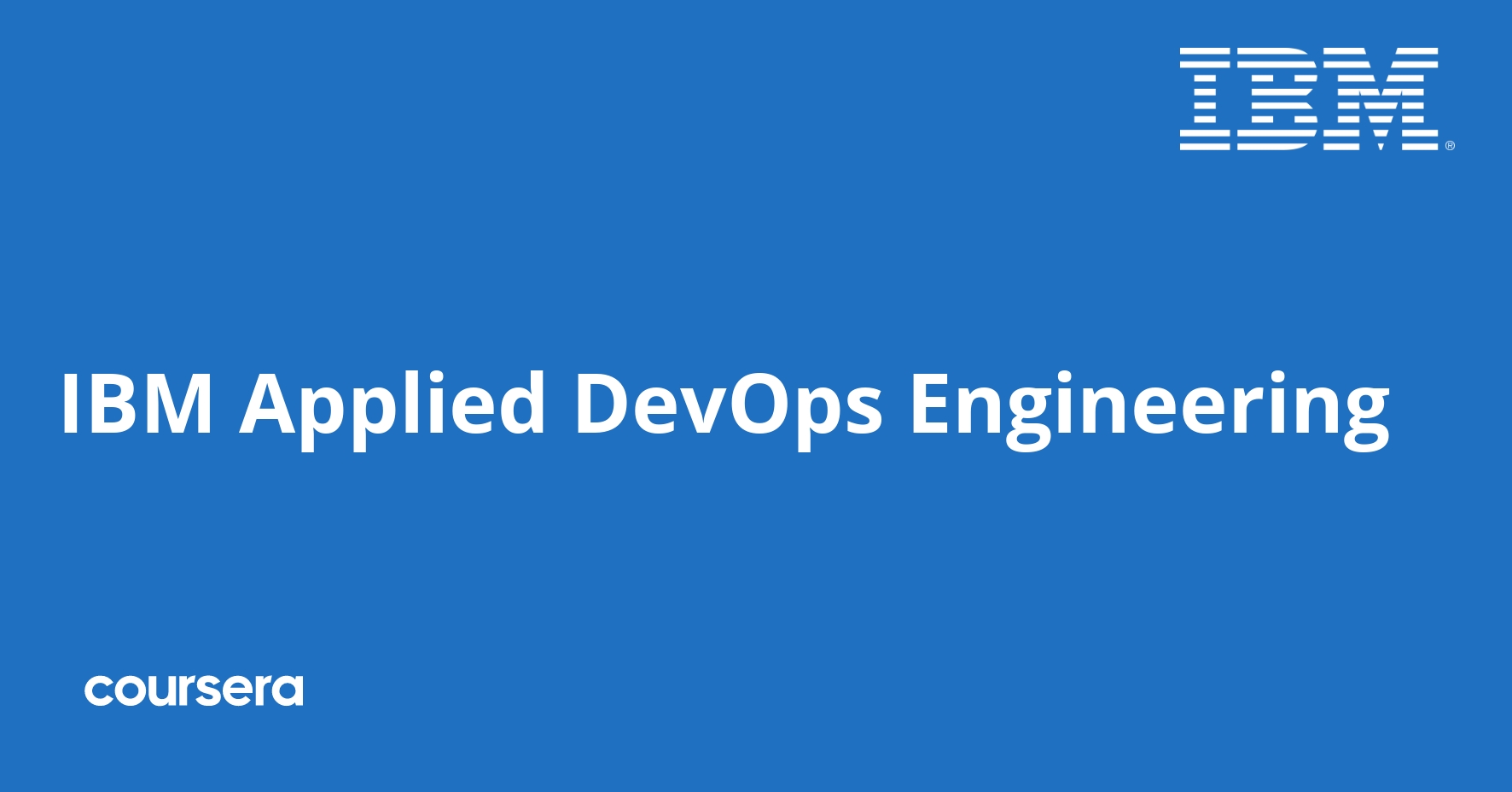Description
Gain the in-demand skills to advance from programming to DevOps engineering. In this program, you’ll learn the latest DevOps practices, tools, and technologies from experts at IBM to get job-ready in less than 3 months.
Almost every company is looking to become more Agile and shorten software development cycles, creating a high demand for DevOps Engineers! DevOps professionals are skilled in both software development and operations, and have a working knowledge of coding and infrastructure management.
This program is ideal for existing software and IT professionals who want to level up their careers with modern development practices and skills. It requires knowledge of software engineering fundamentals, at least 1 programming language (preferably Python), Linux Commands and Scripts, and Git/Github.
You’ll master the latest DevOps practices, Agile methodologies, and Cloud Native technologies such as Scrum, Containers, Docker, Kubernetes, OpenShift, Microservices, REST, Serverless, Test Driven Development (TDD), Continuous Integration and Continuous Deployment (CI/CD), Application Security and Monitoring. You will practice hands-on with tools used by professionals, giving you job-ready experience.
When you complete the program, you’ll have a portfolio of projects to demonstrate your proficiency and a Professional Certificate from IBM. You’ll also gain access to exclusive career support, resume building, job search and interview prep resources.
Each course in this professional certificate includes hands-on labs and real-world projects to build your DevOps portfolio such as:creating and executing an Agile plan using ZenHubbuilding and deploying an application with Kubernetes and horizontal pod scalingdeveloping a web application with microservices and deploying it on cloud using serverlessa capstone project where you write a RESTful Flask microservice and automate its testing with the Python Nose package while practicing agile principles and deploy using Kubernetes/OpenShift and a Tekton CI/CD pipeline





